
Ecstasy ingestion should be high on the list of differential diagnoses for young patients who present with acute, unexplained encephalopathy.

Ecstasy ingestion should be high on the list of differential diagnoses for young patients who present with acute, unexplained encephalopathy.

A new study shows that social interaction may offer protection against this leading cause of death among men in the United States.
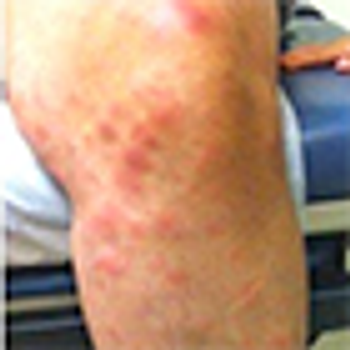
Test yourself on symptoms of Löfgren syndrome, comorbdities of Down syndrome; complications of diabetes, and more in this week’s quiz.
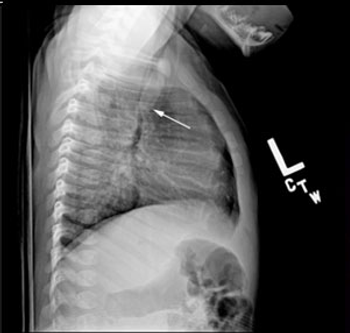
This week’s quiz questions challenge you to determine the cause of an infant’s “strange breathing” based on a chest film, to come up with the most common cause of chronic cough in children, to be a dermatologic detective, among other things.
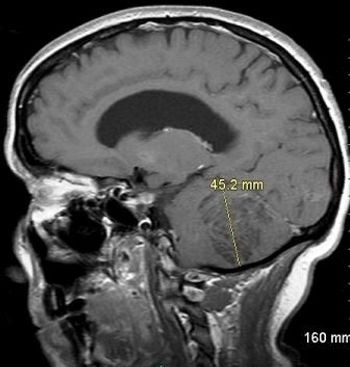
Neurofibromatosis, neuroretinitis, neurologic complications of Down syndrome, Lhermitte-Duclos disease, neurosarcoidosis-find insights here for defeating nervous system disorders.
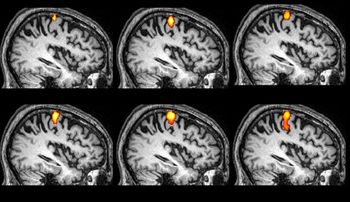
Results from the CRYSTAL-AF study find that nearly one-third of patients who experience cryptogenic stroke may have undetected atrial fibrillation.
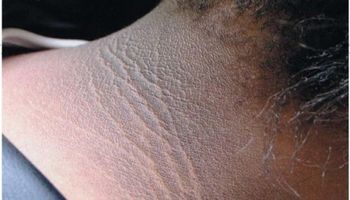
PCOS; Charles Bonnet syndrome; amyotrophic lateral sclerosis ... questions about these 3 conditions and 2 others: see how accurately you can answer this week’s quiz questions.

Aerobic exercise not only improves cardiorespiratory fitness in patients with stroke but also may have a beneficial effect on neuroplasticity and improve motor recovery.

The results of a new study indicate that a simple self-management intervention may improve patients’ cognitive performance.

Screening for and then treating obstructive sleep apnea may help improve seizure control in epilepsy, a new study shows.

Patients who have blockages in the carotid arteries are at risk not only for stroke but possibly for cognitive impairment as well.
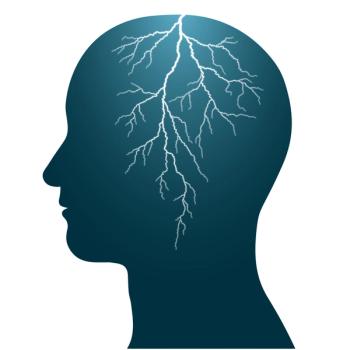
Studies of the first specific mechanism-based treatments may harken a new era of prevention.

Measuring cerebrospinal fluid biomarkers may help determine the amount of a patient’s brain damage and complement clinical assessments.

The test may identify which patients have a high or a low predisposition for pain perception, according to the results of a new study.

The death rate appears to be higher in these persons than in those who are cognitively normal.

Oral and spray forms of medical marijuana can help treat some symptoms, according to a systematic review from the American Academy of Neurology.
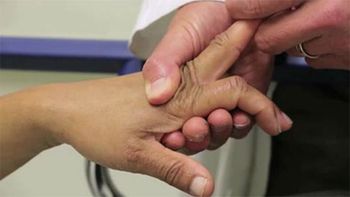
Back and neck complaints rank among the top reasons for visits to primary care physicians. Take this week’s photo quiz to test your knowledge of these sometimes mysterious disorders.

Mixed tocotrienols are effective in attenuating the progression of white matter lesions in humans, the results of a new study have shown.

The connections between obesity and depression in young women are strengthened by the results of a new study.

All patients with stroke should have their blood pressure lowered to normal levels, a new study shows.

Good cardiovascular health may help preserve memory and thinking skills into middle age, according to the results of a new study.
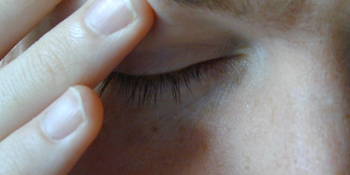

Outside the field, the statistics on physician suicide may elicit surprise. Here, physicians and students who have thought about it write not about surprise but about disbelief that so little help is available.

Progressive numbness in 3 fingers on both hands led this computer programmer to diagnose himself as having carpal tunnel syndrome. But, there's more to this story.
